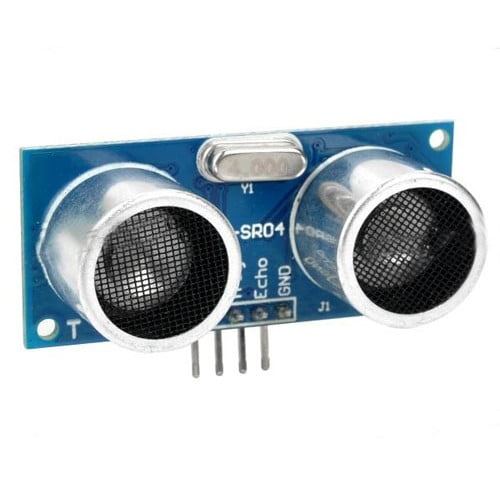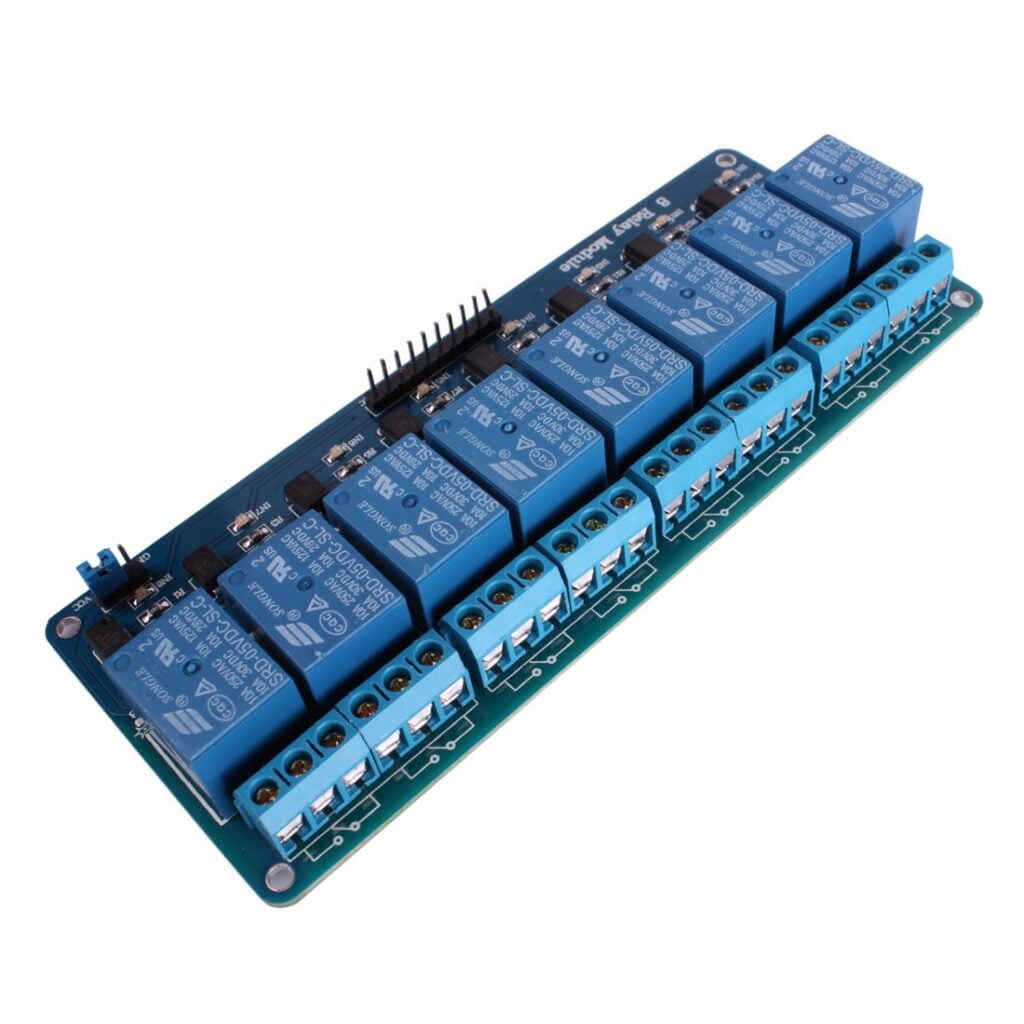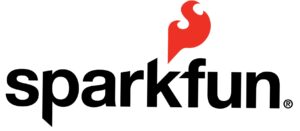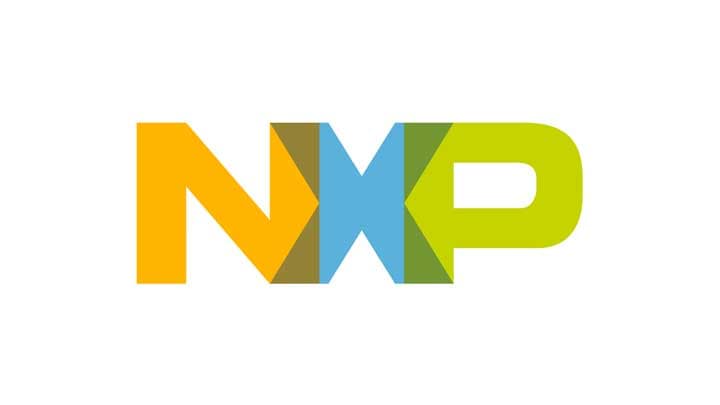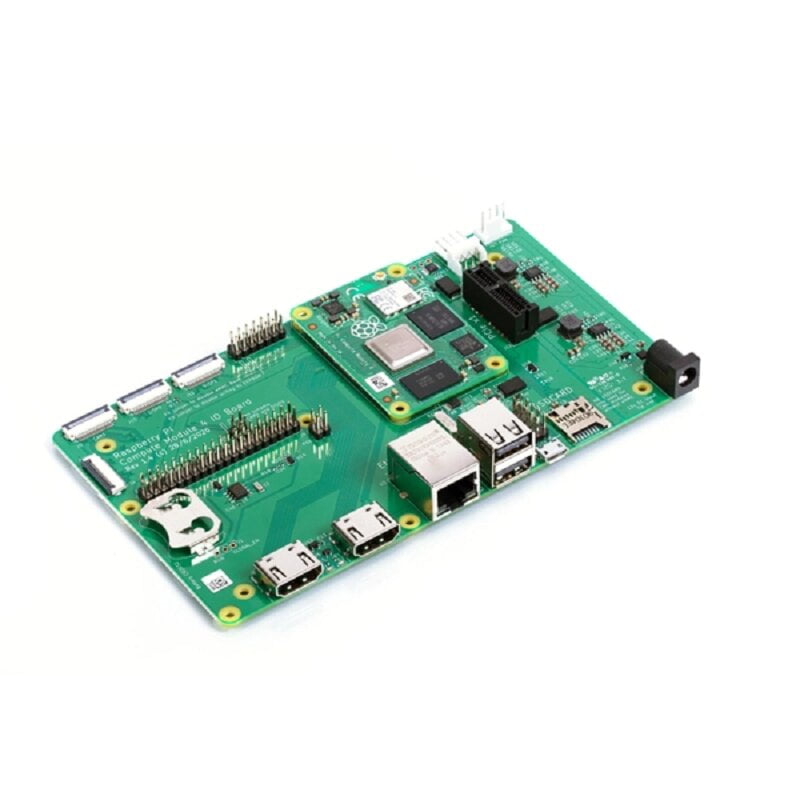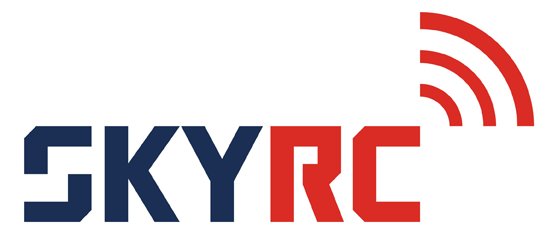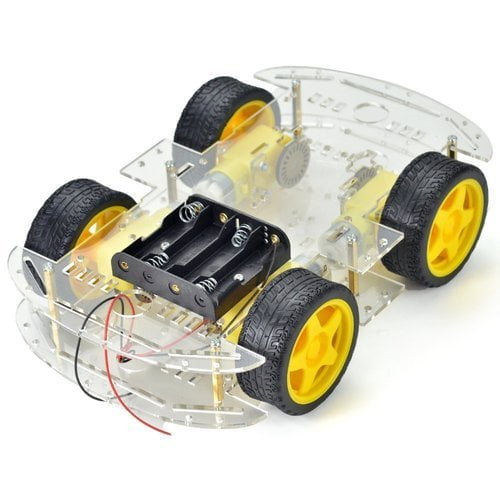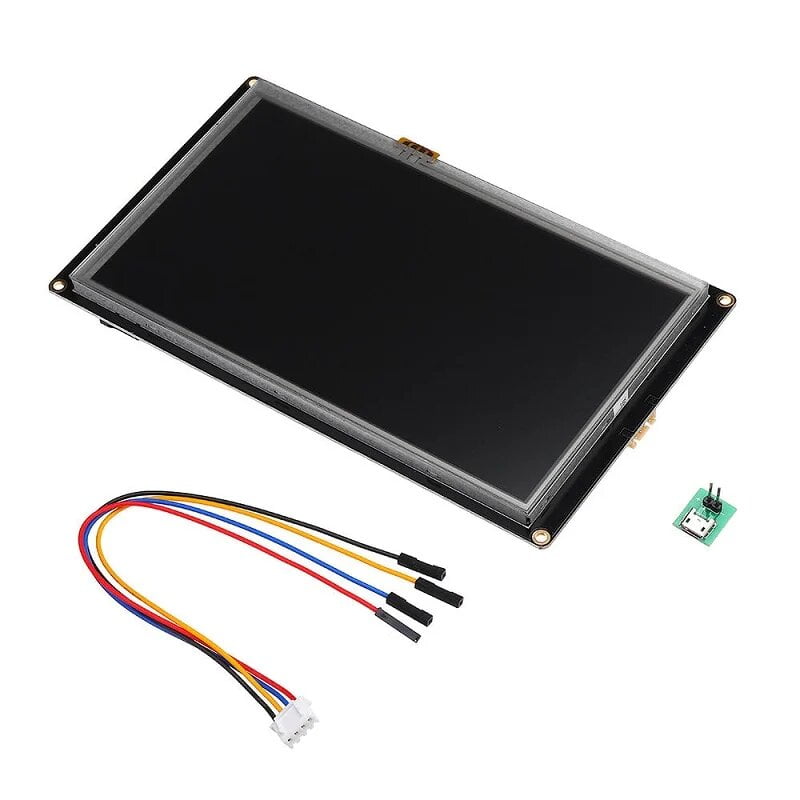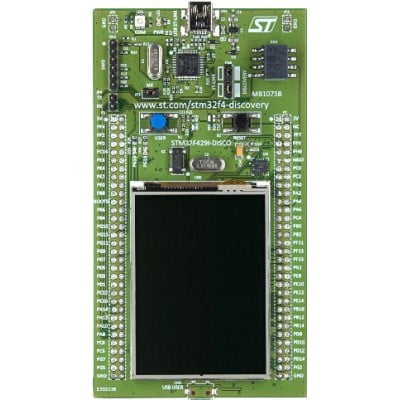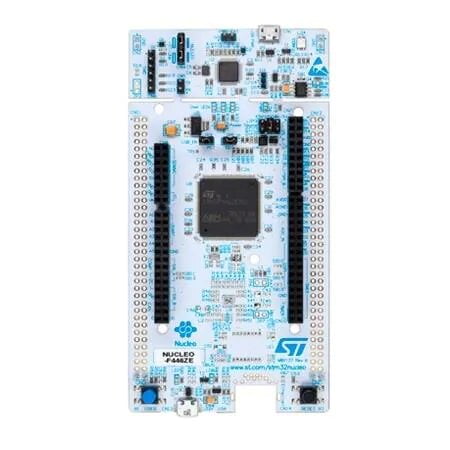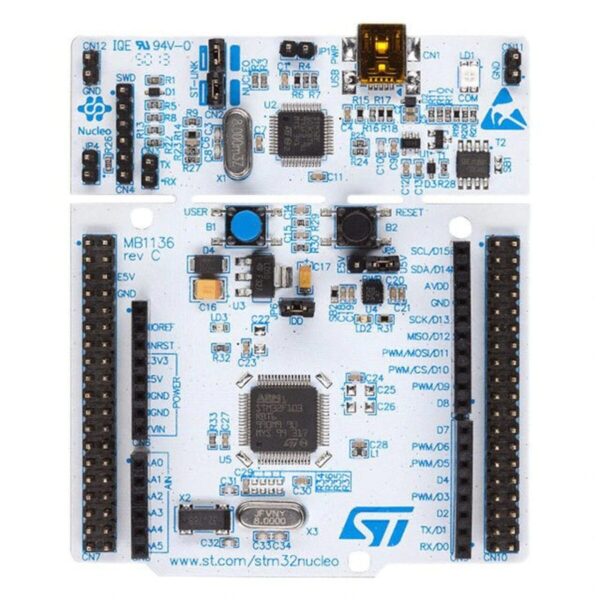STM32 Nucleo-144 boards (NUCLEO-L496ZG and NUCLEO-L496ZG-P) provide an affordable and flexible way for users to try out new conceptsand build prototypes using the variouscombinations of performance, powerconsumption and features provided by the STM32microcontroller.
The ST Zio connector, which extends theArduino™ Uno V3 connectivity, and the ST morpho headers provide an easy means ofexpanding the functionality of the Nucleo opendevelopment platform with a wide choice ofspecialized shields. The STM32 Nucleo-144board does not require any separate probe as itintegrates the ST-LINK/V2-1debugger/programmer. The STM32 Nucleo-144board comes with the STM32 comprehensivesoftware HAL and LL libraries, and various packaged software examples.
Features:
STM32 microcontroller in LQFP144 package
- SMPS: significantly reduces power
consumption in Run mode, by generating
Vcore logic supply from an external DC/DC
converter. This function is only available on ‘-P’
suffixed boards
- 3 user LEDs
- 2 push-buttons: USER and RESET
- LSE crystal:
– 32.768 kHz crystal oscillator
- 2 types of extension resources:
– ST Zio connector including: support for
Arduino™ Uno V3 connectivity (A0 to A5,
D0 to D15) and additional signals exposing
a wide range of peripherals
– ST morpho extension pin header footprints
for full access to all STM32 I/Os
- USB OTG or full-speed device with Micro-AB
connector
- 4 source options for power supply:
– E5V from ST morpho connectors
– ST-LINK/V2-1 USB connector
– USB charger
– VIN (7 – 12 V) from ST Zio connector
- On-board ST-LINK/V2-1
debugger/programmer with SWD connector:
– ST-LINK/V2-1 standalone kit capability
– USB re-enumeration capability: virtual
COM port, mass storage, debug port
- Comprehensive free software HAL and LL
libraries including a variety of software
examples
- Support of a wide choice of Integrated
Development Environments (IDEs) including
IAR™, Keil®, GCC-based IDEs
